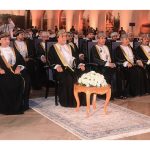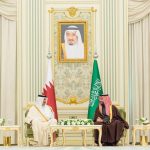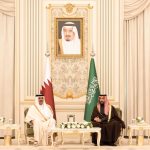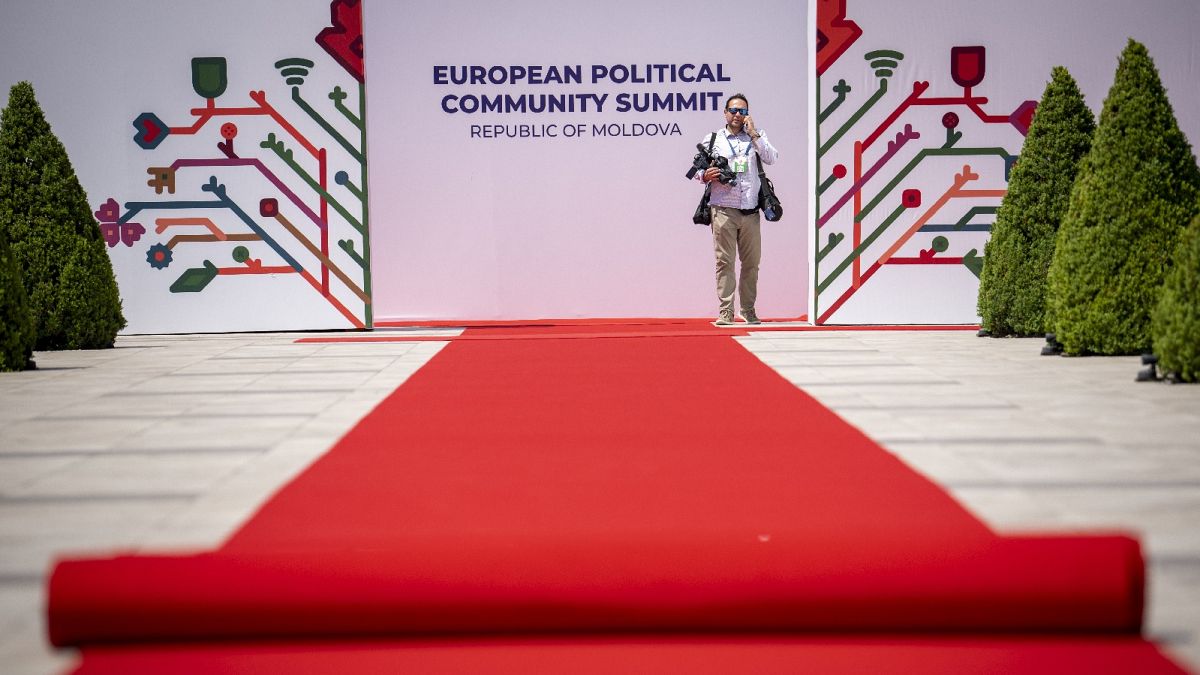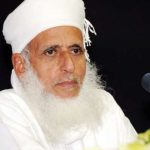European leaders from 45 nations are gathering at a summit in England to discuss migration, security, energy cooperation, and other pressing issues. The summit, organized by UK Prime Minister Keir Starmer, aims to strengthen collaboration among European nations to tackle common challenges. The meeting also serves as an opportunity for Starmer to reset UK-EU relations and advance talks on a defense pact. While the objective of the summit appears noble, experts are skeptical about the format and potential outcomes, as previous summits have not yielded tangible results.
The European Political Community (EPC) summit in England will focus on migration, energy cooperation, and democracy defense. Despite the official agenda items, discussions on EU-UK relations, the war in Ukraine, and the upcoming US elections are expected to dominate talks. As leaders come together to address pressing generational issues facing Europe, the UK government aims to foster closer collaboration with European counterparts to address illegal immigration and enhance security cooperation. Starmer, who recently led the Labour party to victory, is keen on resetting relations with the EU and advancing defense pact discussions.
The format of the EPC summit may limit the scope of discussions, as there is no formal structure beyond the participation of European leaders. Talks on closer ties between the UK and the EU are expected to take place during bilateral or multilateral meetings on the margins of the summit. Despite the lack of tangible outcomes from previous summits, experts believe that the flexibility and adaptability of the EPC format can be valuable in addressing current priorities. While discussions on migration, energy cooperation, and democracy defense are on the agenda, the lack of a formal communiqué reflecting joint positions may hinder concrete results.
The absence of Turkish President Recep Tayyip Erdoğan and the emphasis on tackling disinformation and foreign interference highlight the importance of defending democracy at the summit. Leaders are expected to discuss ways to establish a network to counter foreign interference and enhance information sharing and coordination. Discussions on energy cooperation will be led by European Council President Charles Michel and the president of Montenegro, while migration talks will focus on cooperation to address irregular migration and establish legal pathways. Despite the sensitivity of the migration issue, leaders are committed to working together to tackle migrant smuggling.
The EPC summit serves as a platform for leaders to address critical issues facing Europe, including the war in Ukraine and the US elections. With Ukraine’s conflict being a central element of the EPC’s inception, the summit aims to bring EU and non-EU countries together to address security challenges at the highest political level. The possibility of a second term for former US President Donald Trump is expected to feature prominently in discussions, as leaders consider the implications for shared geopolitical outlooks in the European neighborhood. While the summit may not yield concrete outcomes, it provides an opportunity for countries to cooperate on pressing issues and establish principles for future collaboration.
In conclusion, the EPC summit in England brings together leaders from 45 European nations to discuss critical issues such as migration, security, and energy cooperation. While the official agenda items are important, discussions on EU-UK relations, the war in Ukraine, and the US elections are expected to take center stage. Despite the format limitations and the absence of formal structure, the summit offers a valuable opportunity for leaders to address common challenges and strengthen collaboration. As the leaders gather to tackle pressing generational issues, the summit serves as a platform for resetting relations, advancing defense pact discussions, and addressing security threats in the European neighborhood.


